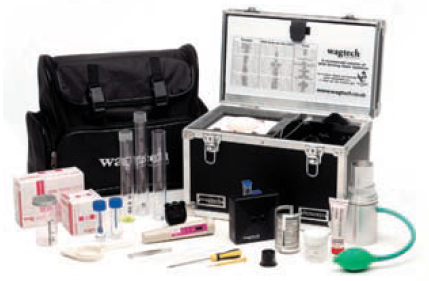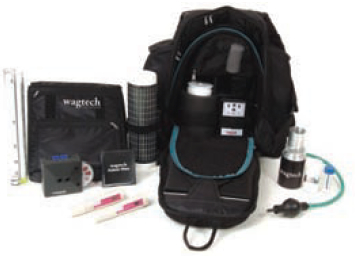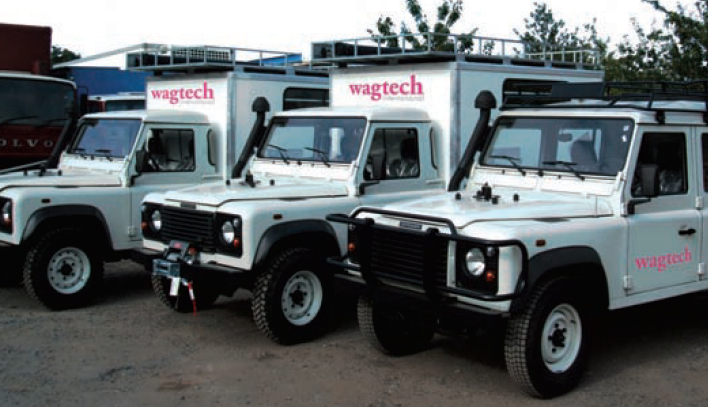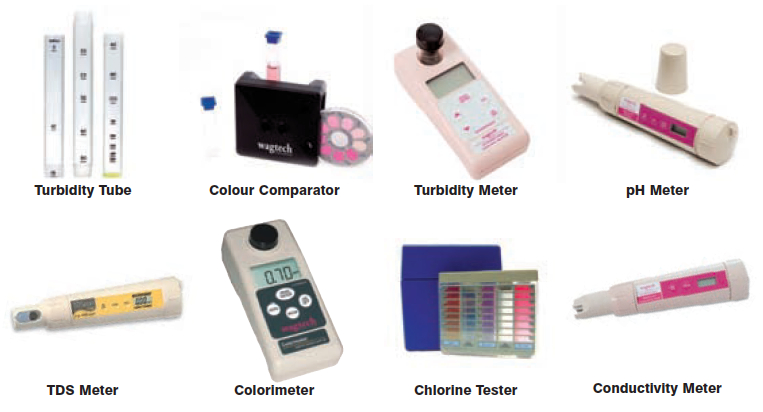Wagtech kits


With a focus on the developing world, and in partnership with some of the major organisations operating in the WATSAN field, Wagtech is helping to make widespread, affordable and accurate testing a reality. This testing can take many forms. From simple, low cost testing in a rapid response emergency situation, to more advanced, longer term surveillance, Wagtech has a kit that will allow you to determine the quality of your water, quickly and easily.
A key factor in the success we have enjoyed with these organisations is the additional after-sales support we can offer. A frequent component of our supply programme is the ability to provide local, in-country training on the kits, directly to the end-user. We have a number of highly skilled staff who travel all over the world to carry out training in diverse locations such as Darfur in Sudan, Bande Aceh in Indonesia and Pyongyang in North Korea.
Portable test kits: microbiological, physio-chemical, multi-parameter, arsenic only.


